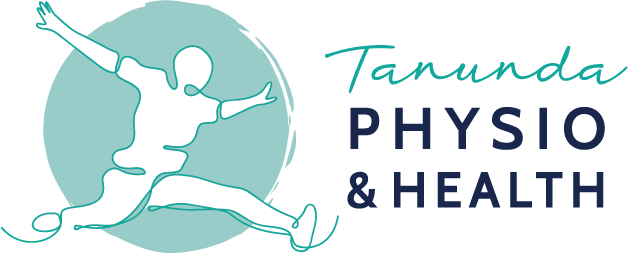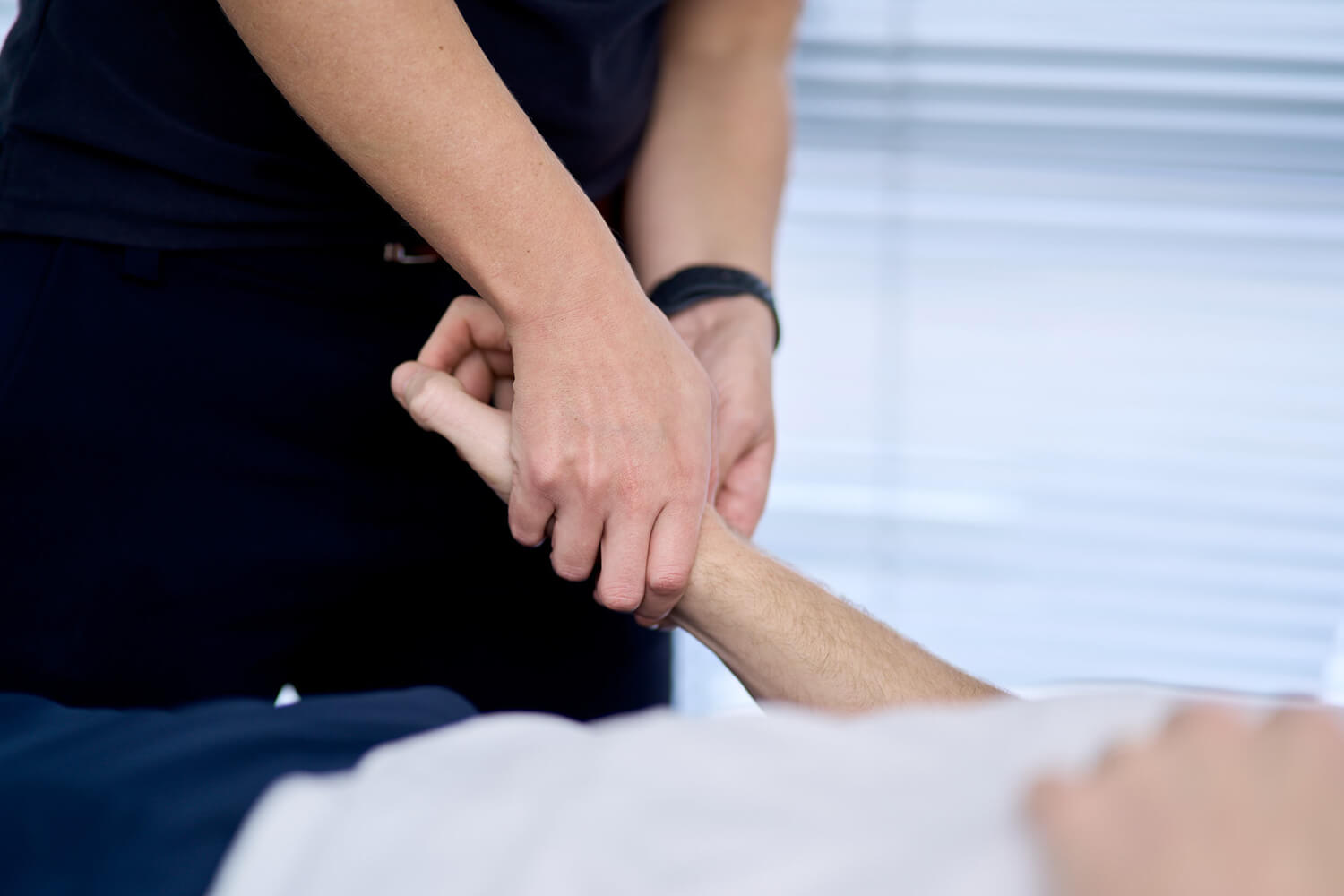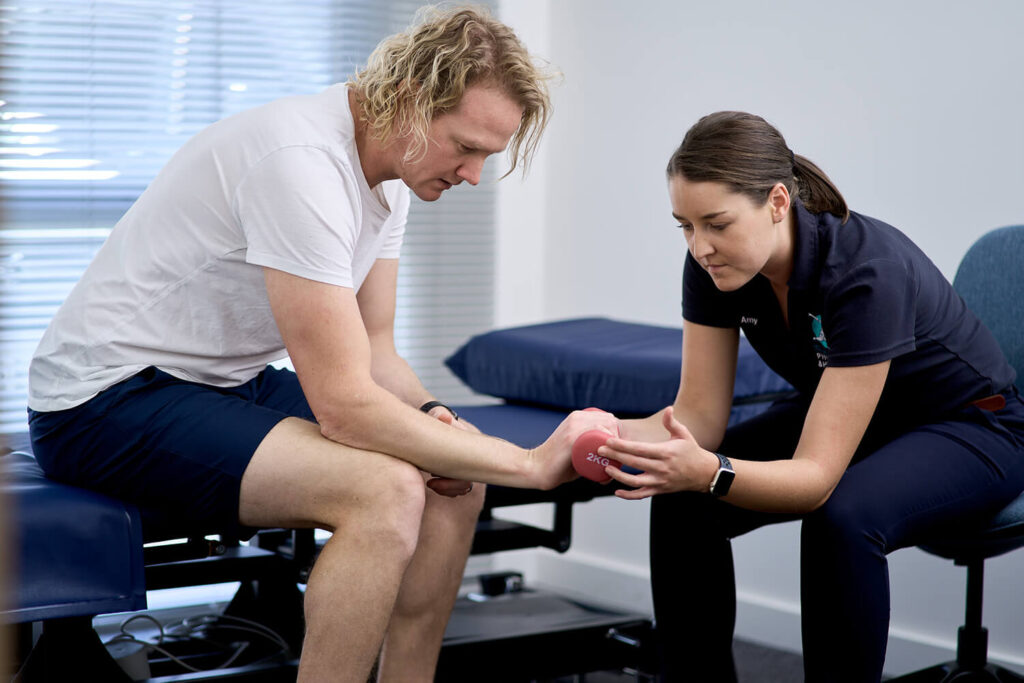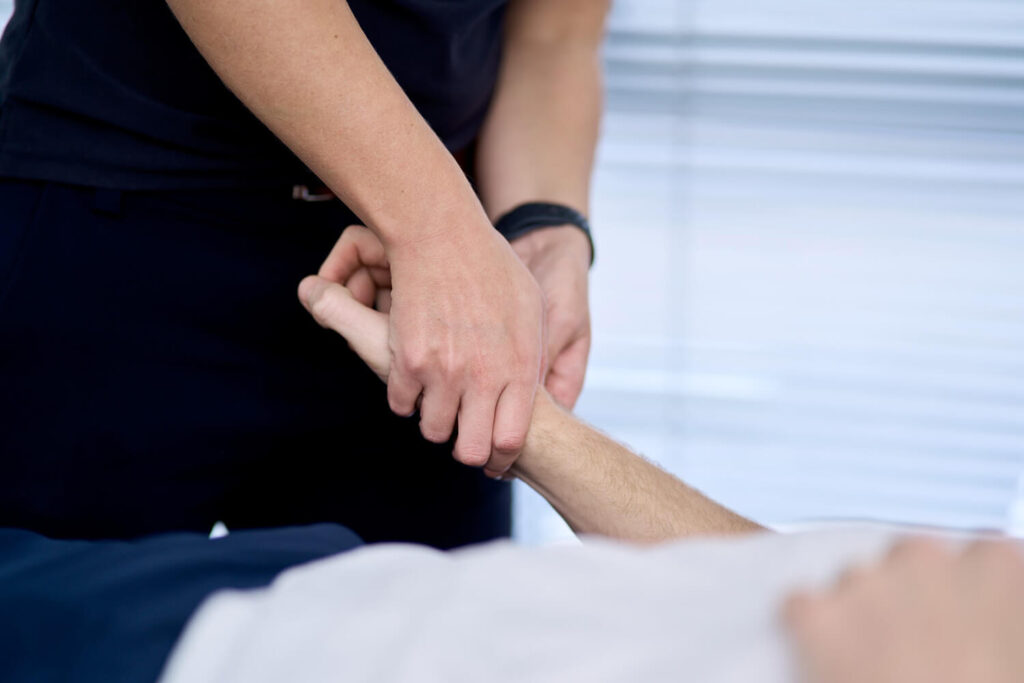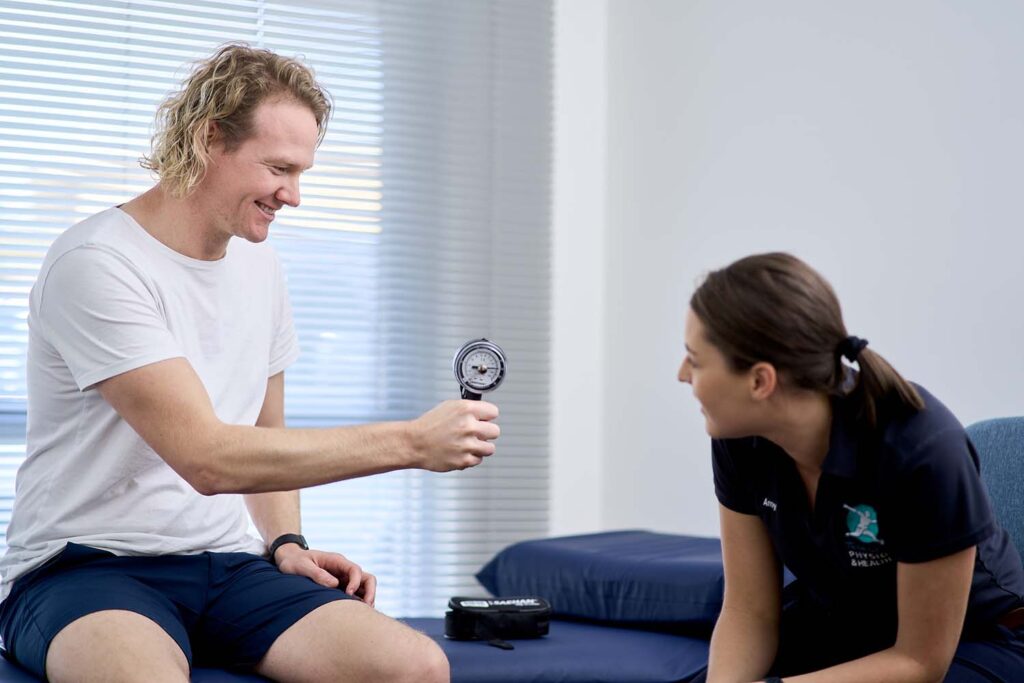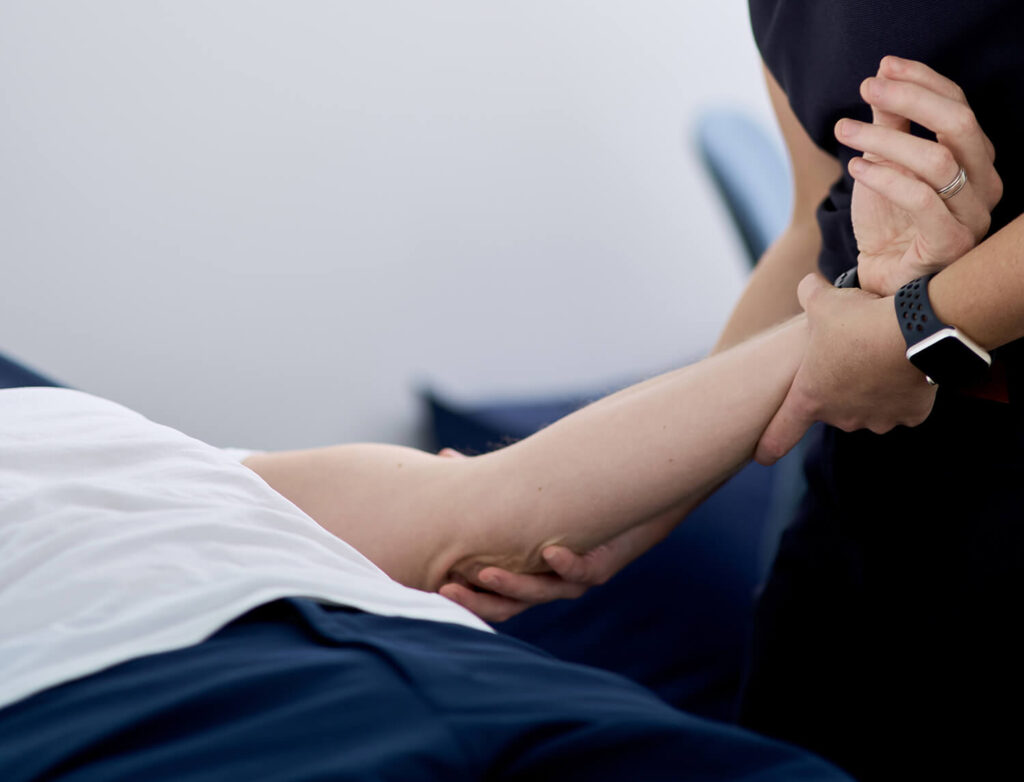Lateral Epicondylalgia also known as tennis elbow is an extremely common condition and typically affects people aged between 30 and 50 years. Those that have…
Hand Therapist: What is their role?
If you are suffering from an injury to your hand, wrist or elbow, a hand therapist is often the person to see.
What or Who is a Hand Therapist?
Hand therapist’s are physios or occupational therapists (OT), but not all physios and OTs are hand therapists.
Hand therapists have undergone extensive training in upper limb conditions. This can range from post surgical, fracture/dislocation management, tendon pain, nerve problems and anything in between.
What to expect from an appointment with a hand therapist:
- Subjective: Your hand therapist will ask questions about the history behind the injury, types of symptoms you are experiencing, when it hurts, when it feels better and how long you have been suffering from the injury.
- Objective: Following the subjective, the hand therapist will conduct a thorough examination to see how your hand/wrist moves, feels and how much strength you have at the site.
- Treatment: Depending on the findings from the above, the therapist will give you a diagnosis and explain the best management for this type of injury.
Hand therapy treatment
Treatment for upper limb injuries may look slightly different to other injuries. We use our hands for all sorts of activities and that can make it difficult to rest the injury.
Treatment for upper limb injuries can involve:
- Immobilisation of the joint – this may include off the shelf braces, splinting or taping.
- Scar and wound management – Hand therapists work closely with hand surgeons and therefore can play a big role in post operative care, burns and management of the skin through compression or silicon products.
- Mobility exercises – it is very important that we can get your hand moving to prevent scar tissue, stiffness and contractures. Your therapist will provide safe and effective exercises that ensure your hand/wrist can keep moving throughout the injury.
- Strengthening exercises – for a lot of injuries, the later stage of your rehabilitation will include some strengthening exercises to ensure you can return to everyday activities comfortably. Your therapist may suggest the use of foam, putty or theraband to help facilitate some strengthening.
Meet your local Barossa Valley Hand Therapist Amy
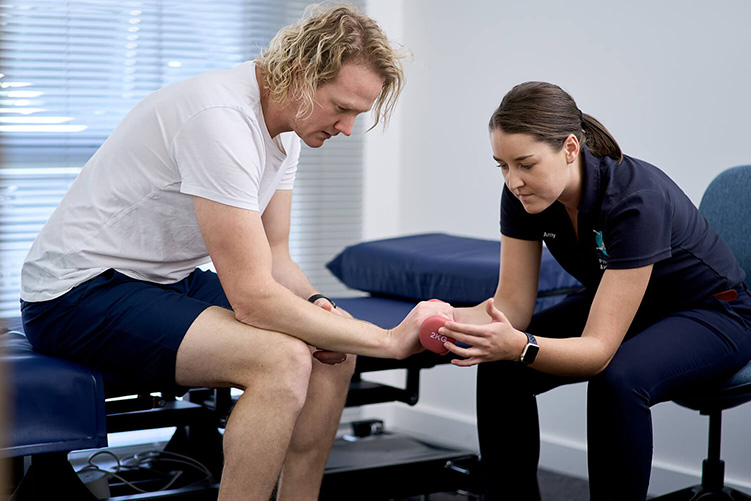
Amy has undergone extensive training through the Australian Hand Therapy Association.
This is a particularly complex area and not many therapists dedicate the additional training focussing on it.
If you are suffering from an injury to the hand, wrist or elbow, book a hand therapy assessment appointment with Amy and she can assist you to get back to doing the things you love.
With Tanunda Physio & Health and Amy, you can be confident you’re in great hands!



